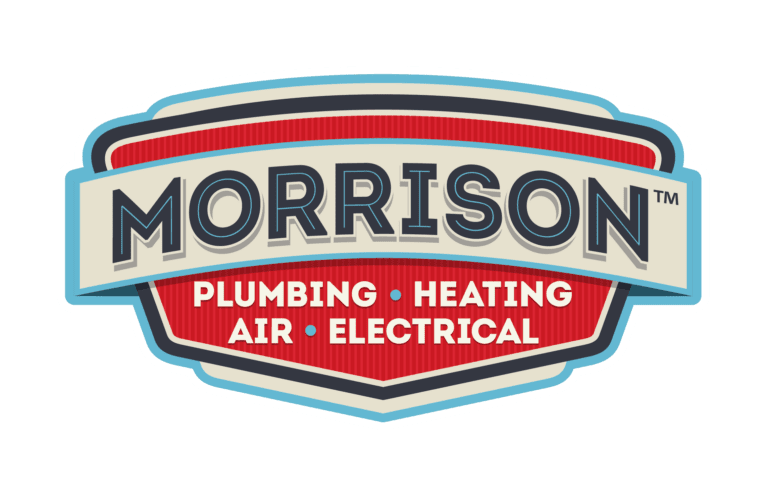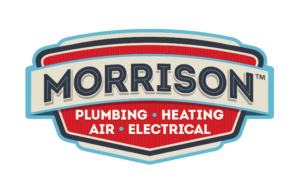
Are you tired of seasonal allergies? While these annoying symptoms are usually caused by outdoor elements like pollen entering your system, there are many indoor factors that can also cause or worsen your allergies. Everyday dust mites, dirt, and pet dander carry in harmful allergens that can affect your immune system. Check out these tips on how you can use your HVAC system to eliminate your allergies.
Upgrade Your Air Filter
One of the major causes of increased allergies in your home could be a dirty air filter. Air filters trap pesky allergens from infiltrating the air that is pushed into the home through your A/C unit. If your air filters are not clean, then these allergens pollute the atmosphere, causing an endlessly runny nose with red and itchy eyes.
If you are adamant about keeping your home free of allergens, then it is necessary to replace your air filter every 1-3 months or have the quality of your air filter upgraded. Thankfully, this is an inexpensive way to have peace of mind in the cleanliness of your home while eliminating those irritating allergy symptoms.
Clean Your HVAC Systems Regularly
Keeping your air conditioning and heating units clean can be an effective way of eliminating the allergens that inevitably build up over time. For your outdoor A/C unit, make sure that the concrete platform it sits on and the surrounding area at least a foot in diameter each way are not being blocked by twigs or debris and are free of dirt and grime.
Your indoor heating unit can attract high amounts of dust particles or pet dandruff, becoming trapped and hard to notice. It is important to regularly vacuum the area around your furnace to prevent allergens from building in your heating ducts.
Frequently Dust
While an air filter helps to eliminate the amount of dust and allergens that enter your vents, unfortunately, they are not perfect. Almost every surface of your home is susceptible to attracting dust, that’s why dusting in and around your vents, cabinets, tables, and shelves will help eliminate pesky dust buildup. Dust contains a variety of potentially harmful bacteria that affect the quality of air entering your home and can absolutely increase your allergy symptoms.
Regulate Humidity Levels Within the Home
Believe it or not, humidity levels and the way your body reacts to them can have a major impact on the length and seriousness of your allergies. Outdoor humidity brought in by spring and summer weather is uncomfortable, to say the least, and the last place anyone wants to feel uncomfortable is in their own home.
High levels of humidity can allow mold to grow in the vents and on the walls of your home while lower levels of humidity can make your skin feel rough and dry. Using a humidifier at all times in your home can ensure quality air filtration meaning less severe allergies!
If you suspect something may be wrong with your A/C unit, contact Morrison Plumbing, Heating, and Air for a maintenance checkup!

